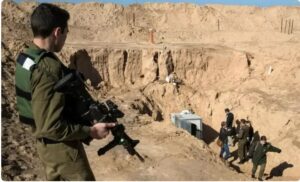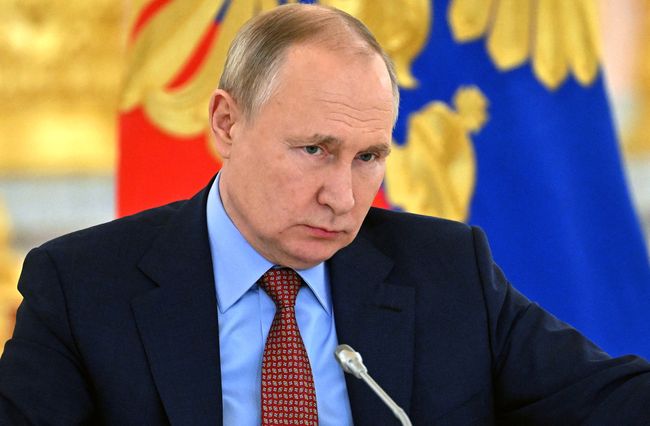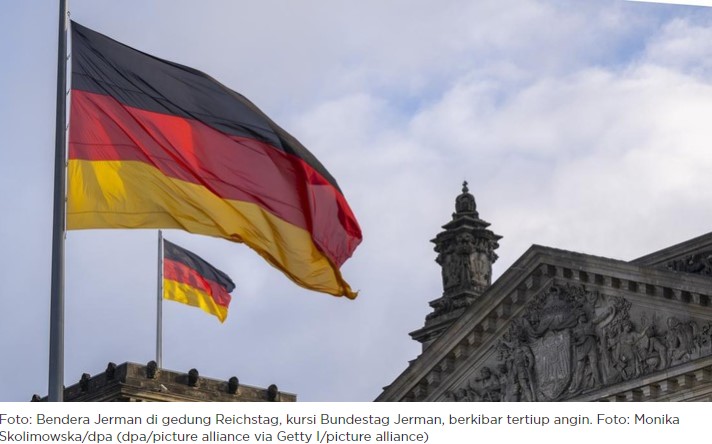
STRATEGIC ASSESSMENT. Israel is facing both internal and external challenges as the country comes under enormous pressure from multiple escalating situations. Prime Minister Benjamin Netanyahu is attempting to subvert Israel’s democracy in a move straight from the authoritarian playbook, exemplified by his efforts to control the country’s independent judiciary under the guise of implementing reforms. If Prime Minister Netanyahu gets his way, a majority in the Knesset, Israel’s legislature, would be able to overrule the Supreme Court. The Knesset could then go on to make the laws it passes non-reviewable by the judiciary, defanging Israel’s highest court and transforming the country into an illiberal democracy. Hundreds of thousands of protestors have taken to the streets to demonstrate against these moves. Meanwhile, members of the Israel Defense Forces (IDF) and former high-ranking members of Mossad, Israel’s elite spy service, have been outspoken in their opposition to the legislation; recently, members of the armed forces reserves have refused to show up for duty in protest at the government’s measures. There has already been a negative impact on the economy, with Israel’s currency, the shekel, declining in value. Prominent members of the technology industry, among other business sectors, have also threatened to move companies elsewhere.

Another issue threatening to tear the country apart is the continued violence from extremist settlers; scores of Israeli settlers recently marauded through the Palestinian village of Huwara, burning down and vandalizing homes, cars and businesses and attacking civilians, killing one and injuring as many as 350 Palestinians. The violent settlers claimed their rampage was revenge for the murder of two brothers killed by a Palestinian gunman in Huwara. Israeli Finance Minister Bezalel Smotrich then went on to say: “I think the village of Huwara needs to be wiped out. I think the state of Israel should do it.” While a spokesman for the U.S. State Department labeled the comments “repugnant,” the Biden administration has yet to take any concrete actions to hold Israel accountable. Members of Israel’s far-right government seek to annex the entire West Bank, in direct defiance of international law, and relevant United Nations resolutions. A subset of Israeli ultranationalist extremist settlers are known as “price taggers,” a name meant to signify that a “price must be exacted” for any every Palestinian attack. Israeli Central Command chief Maj. Gen. Yehuda Fuchs called the incident in Huwara a “pogrom.” As the violence unfolded, Israeli security forces allegedly stood by and watched, declining to intervene.

The massive internal dysfunction throughout Israel is accompanied by growing concerns over a so-called Third Intifada, or uprising, by Palestinians. The Second Intifada ended in 2005. Palestinian violence against Israel has been on the rise, with a new generation of militants engaged in tit-for-tat reprisals with Israelis and Israeli security forces. There is even a new group, known as the Lion’s Den, which is comprised of young Palestinians engaging in violent resistance and terrorism. Attacks and shootings against Israeli soldiers and civilians rose significantly in 2022. An Israeli raid against members of the Lion’s Den in Nablus in late February killed at least 11 Palestinians, including civilians. An Israeli army raid in the Jenin refugee camp in January killed ten Palestinians and injured at least twenty others. Another Israeli raid in Jenin occurred on Tuesday in broad daylight, earlier this week, leading to the death of six Palestinian militants. Without a viable path to statehood for Palestinians, it remains difficult to envision a scenario where the violence is quelled, and sustainable measures to boost governance and socioeconomic development remain unlikely in that context. With a far-right government entrenched in Israel and a Palestinian Authority with declining legitimacy, any peace deal or settlement to the conflict seems like a pipe dream.
The spike in violence comes on the heels of a late February summit in Aqaba, Jordan between Israeli and Palestinian officials, along with representatives from Egypt, the United States, and Jordan. The violence has festered and many are worried that it will continue, especially as the international community remains distracted by other pressing issues, including recovery from the COVID-19 pandemic, soaring energy prices, global food scarcity, and the war in Ukraine. The United States is typically quite reticent to criticize Israel, a stance that earns Washington legitimate opprobrium from countries around the world. This double standard makes it more difficult for the U.S. to be considered an honest broker when it comes to promoting democracy and human rights, especially as one of its closest allies regularly flouts international norms. The UN-led Middle East Peace Process remains a stalemate as geopolitical relationships evolve at a pace dictated by events on the ground. In addition to domestic political strife, extremist settler violence, and the prospect of a new Intifada, Israel is also locked in a shadow war with Iran, regularly conducting sabotage attacks against Iran’s nuclear program as Tehran continues to march ahead toward the capability to develop a nuclear weapon. According to open-source reporting, Iran is approximately six percent shy of the threshold to develop weapons grade uranium (TSC)





